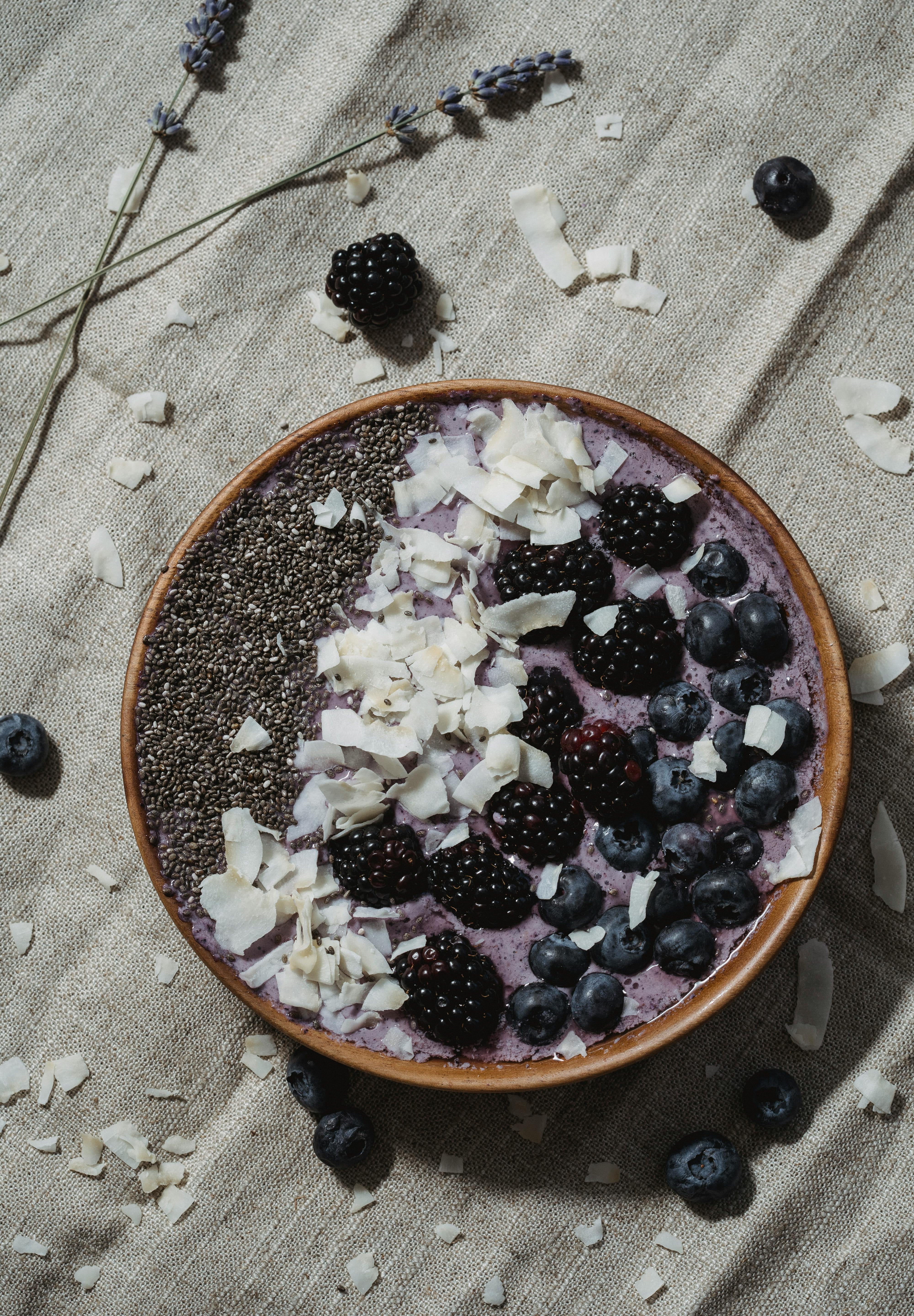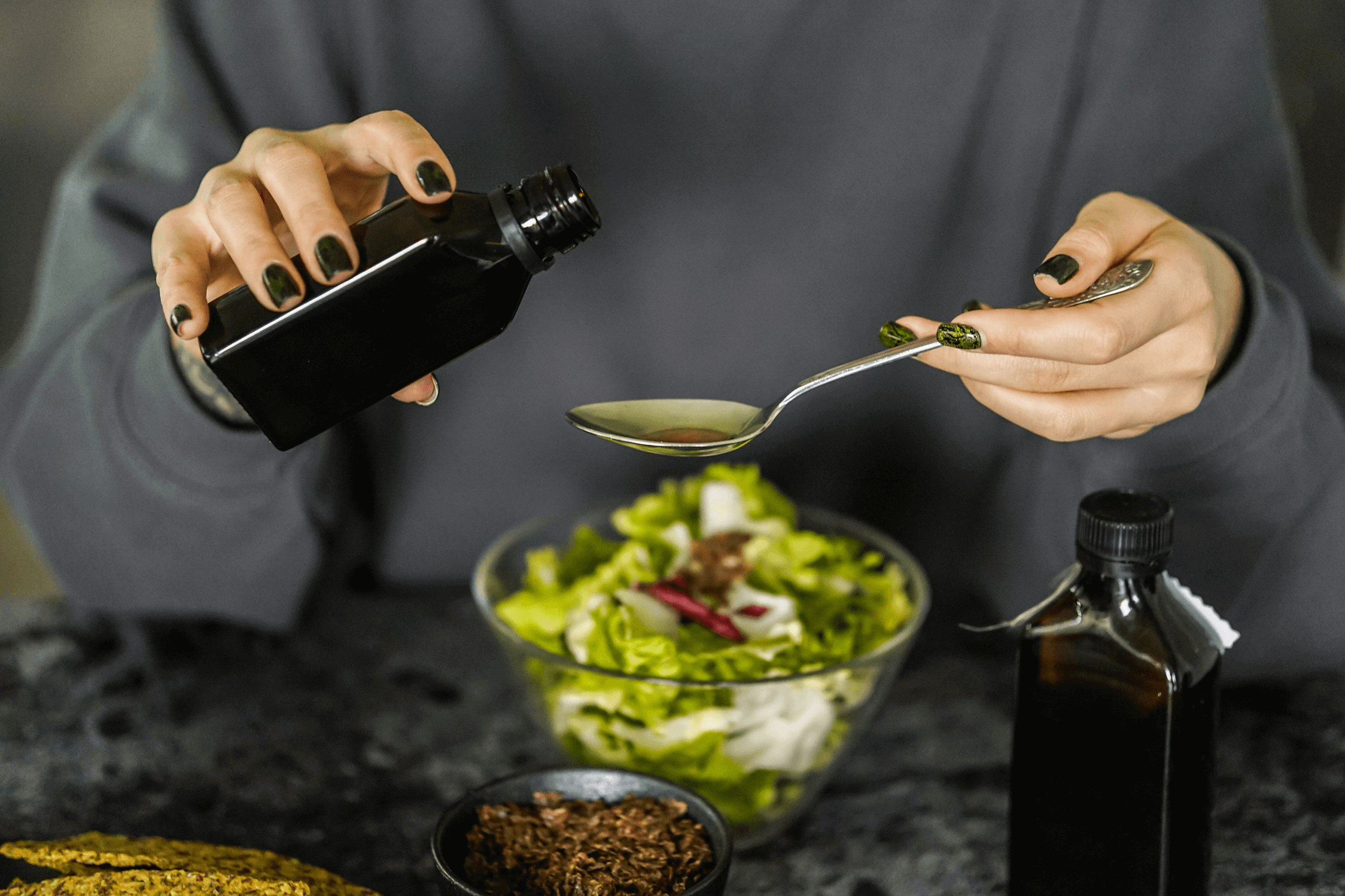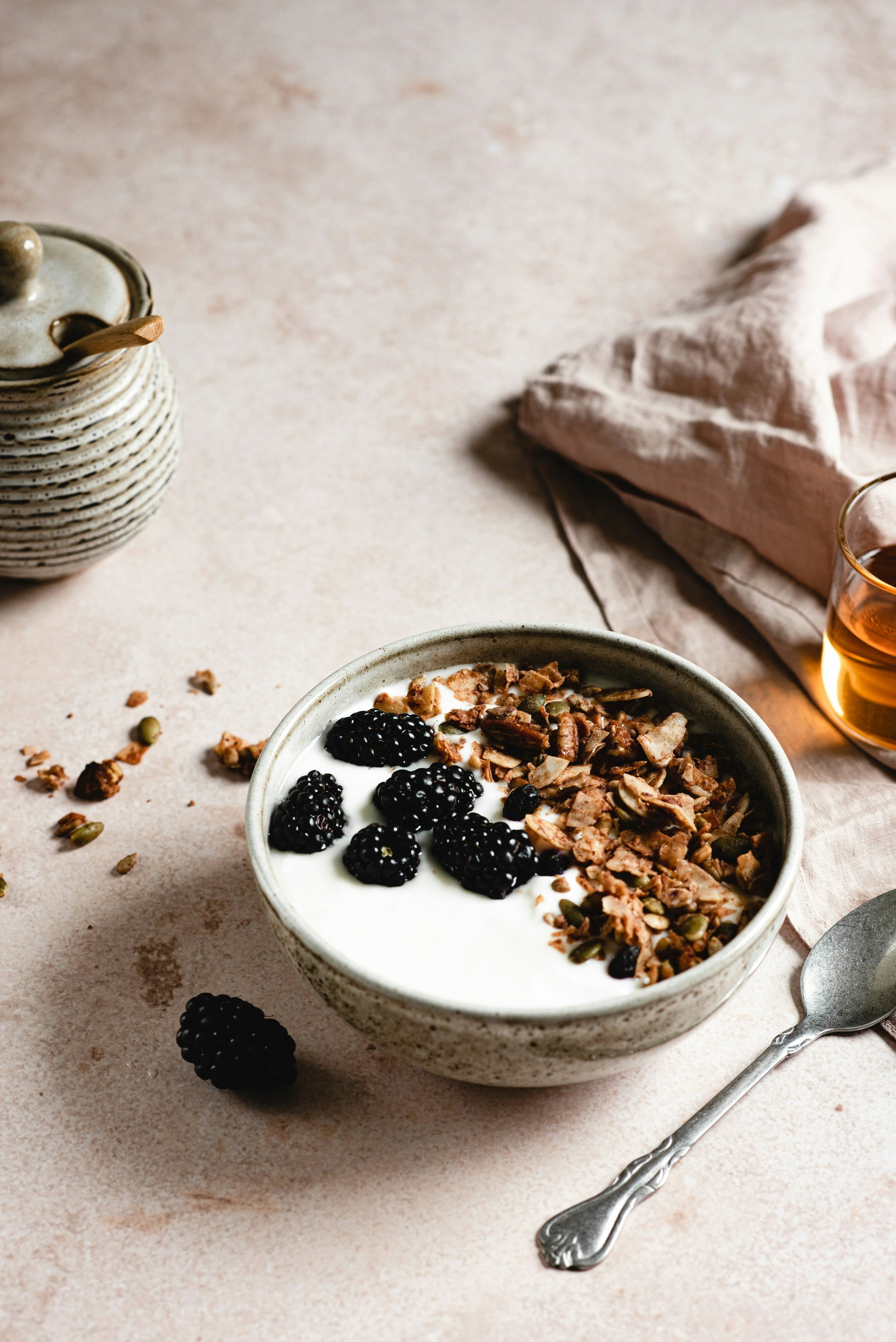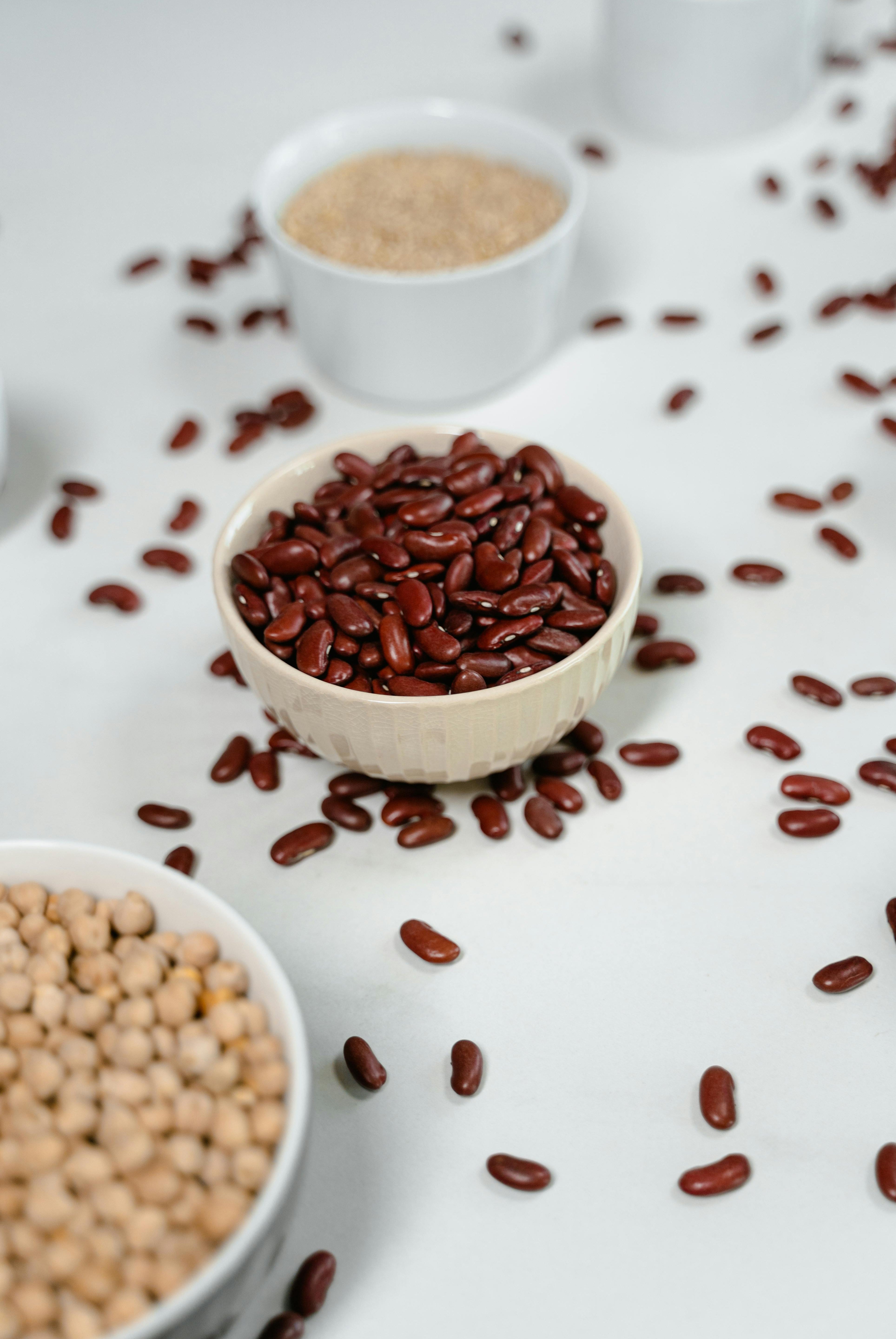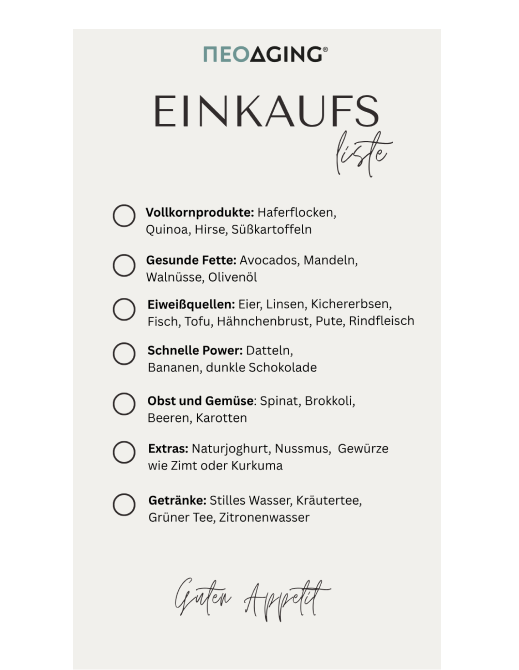Do you sometimes lack motivation in your daily life, or do you feel like your batteries are already depleted by lunchtime at the office? Then the right diet will give you a natural energy boost: Find out which foods give you more energy for everyday life in which situations.
Which foods provide energy? The best tips for more performance in everyday life
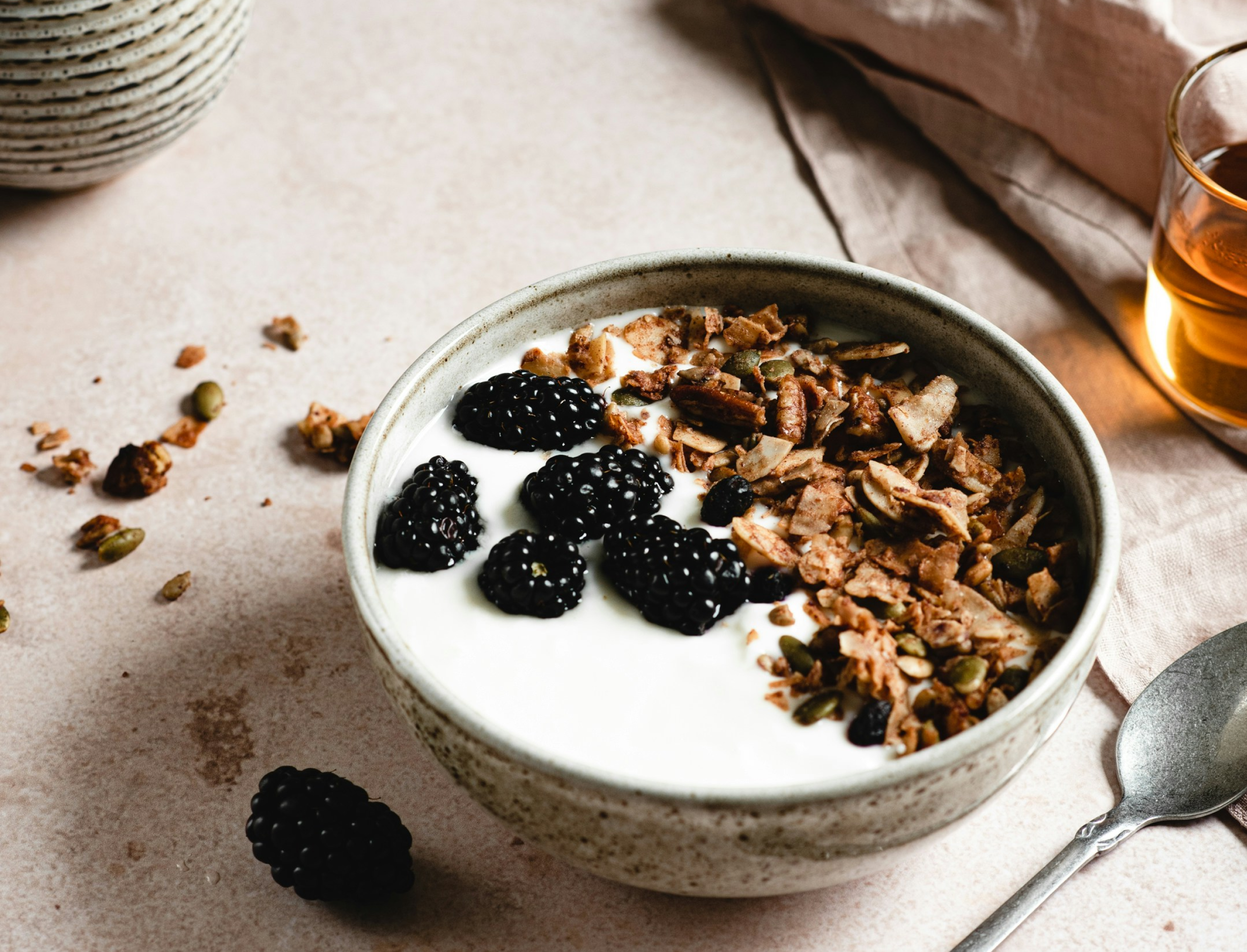
- Tags: Nutrition
